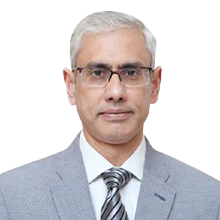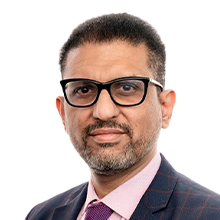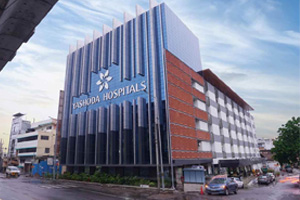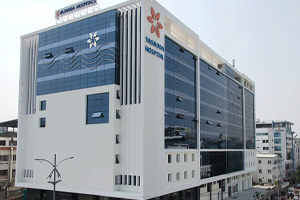What is MitraClip Procedure?
The Mitraclip procedure is a minimally invasive surgical technique used to treat mitral valve regurgitation, a condition where the heart’s mitral valve does not close properly, leading to blood leakage backward into the heart. It involves the placement of a small clip on the mitral valve to improve its function and reduce regurgitation, thereby relieving symptoms and improving heart function. After mitral valve clip surgery recovery focuses on gradual improvement under medical supervision, involving medication adherence and cardiac rehabilitation for long-term heart health.
Types of MitraClip Treatments:
- Percutaneous MitraClip Placement: Involves the insertion of a catheter through a blood vessel in the groin, guided to the heart, where the MitraClip is deployed to clip the mitral valve leaflets together.
- Transseptal Approach: Utilizes a puncture through the septum (wall) of the heart to access the mitral valve, allowing for precise clip placement.
- Real-time Imaging Guidance: Incorporates imaging techniques such as echocardiography to visualize the mitral valve during the procedure, ensuring accurate clip placement and optimal results.
| Procedure Name | MitraClip Procedure |
|---|---|
| Type of Surgery | Minor |
| Type of Anesthesia | General Anesthesia |
| Procedure Duration | 2-3 hours |
| Recovery Duration | Variable |
MitraClip Procedure: Pre-Op & Post-Op Care
Preparation: Before the Mitral clip surgery, patients undergo a thorough evaluation, including medical history review, physical examination, and imaging studies such as echocardiography.
During the Procedure: The mitral clip procedure begins with the insertion of a catheter through a blood vessel in the groin, guided to the heart. A small clip is then deployed onto the mitral valve to improve its function. Real-time imaging helps ensure precise mitraclip placement.
Duration: The MitraClip procedure typically takes 2 to 3 hours, depending on the complexity of the case and patient factors.
Recovery: After the MitraClip Treatment, patients are closely monitored until they awaken from anesthesia and stabilize. They receive instructions regarding post-procedure care, including limitations on physical activity.
Post-Procedure Care: Follow-up appointments track healing progress and address any complications such as bleeding or changes in heart function. Further treatment discussions may occur based on procedural outcomes and individual patient needs, providing comprehensive support throughout the MitraClip Surgery recovery time.
Benefits of MitraClip Procedure at Yashoda Hospitals
- Improved heart function
- Relief from symptoms such as shortness of breath and fatigue
- Reduced risk of heart failure progression
- Enhanced quality of life and ability to perform daily activities
- Potential for increased lifespan and overall cardiac health
- Decreased reliance on medications for symptom management.















































 Appointment
Appointment WhatsApp
WhatsApp Call
Call More
More